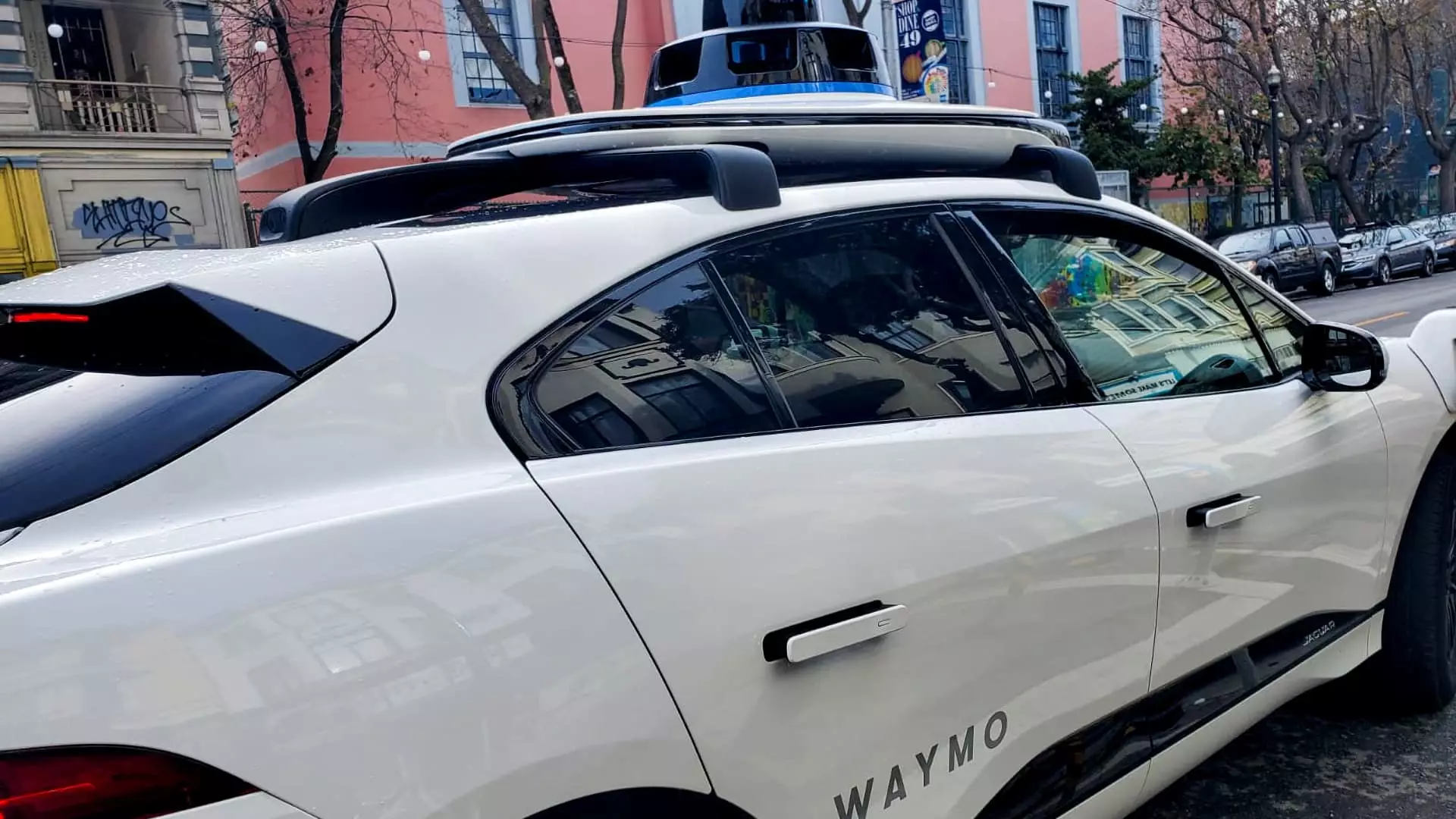Waymo, the autonomous vehicle subsidiary of Alphabet, is poised to embark on an exciting chapter in its journey as it sets its sights on Tokyo, Japan. Announced recently, the company plans to initiate testing its self-driving vehicles in early 2025, marking its inaugural foray into international markets. This new endeavor serves not only as a testament to Waymo’s aspirations to extend its operational territories but also highlights the increasing global interest in autonomous technologies, especially in densely populated urban environments like Tokyo.
In this venture, Waymo is not going it alone. The company has announced a collaboration with Nihon Kotsu, Japan’s largest taxi operator, along with the taxi application GO. Initially, Nihon Kotsu’s drivers will manually operate Waymo’s Jaguar I-PACE vehicles to facilitate the mapping of crucial districts including Minato, Shinjuku, Chiyoda, and more. This hands-on approach is essential as it enables Waymo to gather vital data that will bolster its artificial intelligence systems. Such data collection is critical for any autonomous technology firm that aims to create reliable and efficient self-driving solutions in regions characterized by unique traffic conditions, customs, and infrastructures.
Alongside street testing in Tokyo, Waymo is engaging in closed-course tests in the United States, where driving simulations will replicate the driving nuances of Japanese streets. This dual-approach signifies Waymo’s commitment to ensuring that their AI algorithms are adequately trained before they fully deploy autonomous services, thereby highlighting a cautious and well-structured strategy.
Understanding and Integrating with Local Dynamics
Waymo’s initiative transcends mere technological deployment; it reflects a strategic understanding of local dynamics. The company aims to work closely with local partners, government entities, and community groups to comprehend Tokyo’s transportation ecosystem better. In a statement, Waymo emphasized the importance of adapting to the environment and needs of Tokyo’s inhabitants. This integration process reflects a promising approach to introducing disruptive technology where it can significantly benefit urban mobility.
The Japanese government acknowledges the potential benefits that autonomous technologies can bring, particularly in addressing challenges related to an aging population and crowded urban spaces. By designating specific areas of Tokyo as “test zones” for self-driving vehicles, authorities are not only facilitating innovation but are also striving to create safe avenues for these technologies to flourish. Waymo’s entry into this environment represents an encouraging step towards augmenting urban-mobility solutions in Japan.
Waymo’s expansion into Japan is particularly noteworthy given the recent development in the autonomous vehicle sector—specifically, General Motors’ decision to abandon its Cruise robotaxi division. This news echoes the mixed fortunes that many firms in the self-driving arena are facing as they navigate complex regulatory landscapes and evolving public perceptions. The departure of GM from the segment leaves a potential gap in competition, which Waymo could exploit, especially given its first-mover advantage in Japan.
Moreover, other key players, such as Honda with its planned driverless ride-hailing service, are also assessing their strategies moving forward. This evolving competitive landscape necessitates that Waymo remains agile and adapt its services dynamically, all while addressing safety concerns and regulatory expectations in its new operational territory.
As Waymo prepares to test its vehicles on the streets of Tokyo, the company is embarking on an ambitious journey fraught with both opportunities and challenges. By collaborating with local industry leaders and understanding the unique traits of the Japanese market, Waymo aims to carve a niche for itself in the global autonomous vehicles industry. However, it remains crucial for Waymo to maintain transparency, prioritize safety, and engage with the community throughout this process to ensure that its entry is not only successful but also beneficial for the residents of Tokyo. The next few years will undoubtedly be pivotal as Waymo seeks to establish itself as a leader in autonomous transportation—both in Japan and beyond.


Leave a Reply